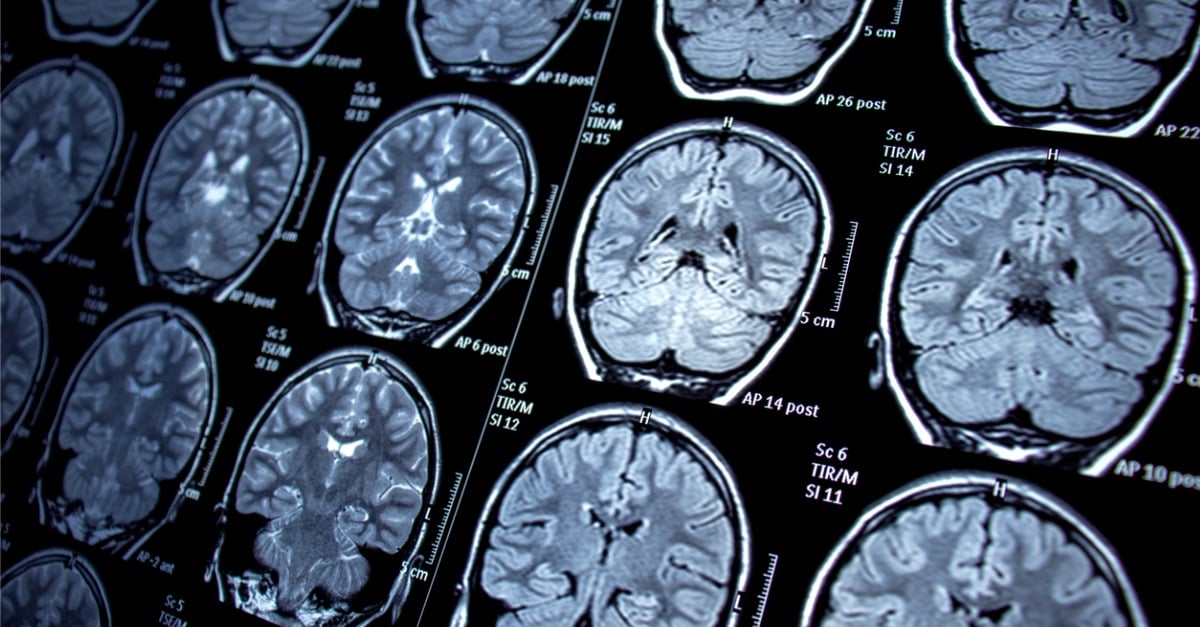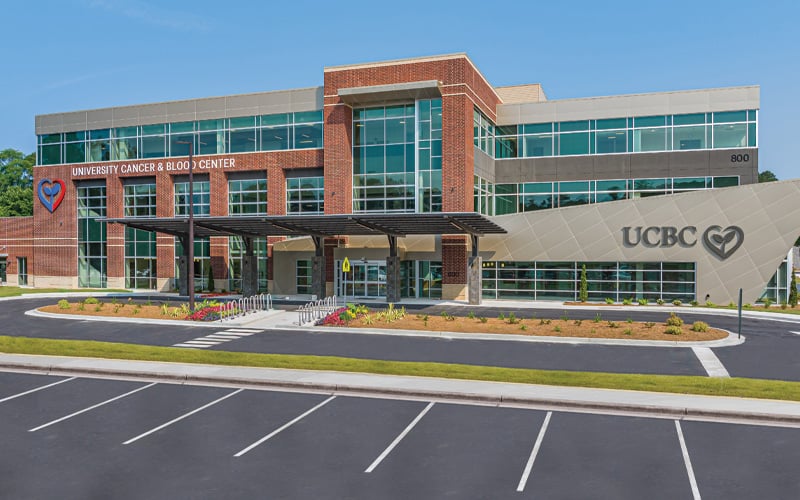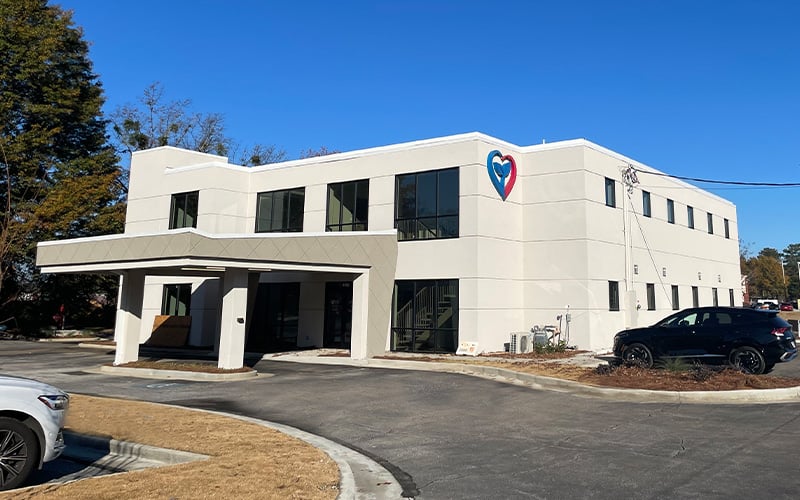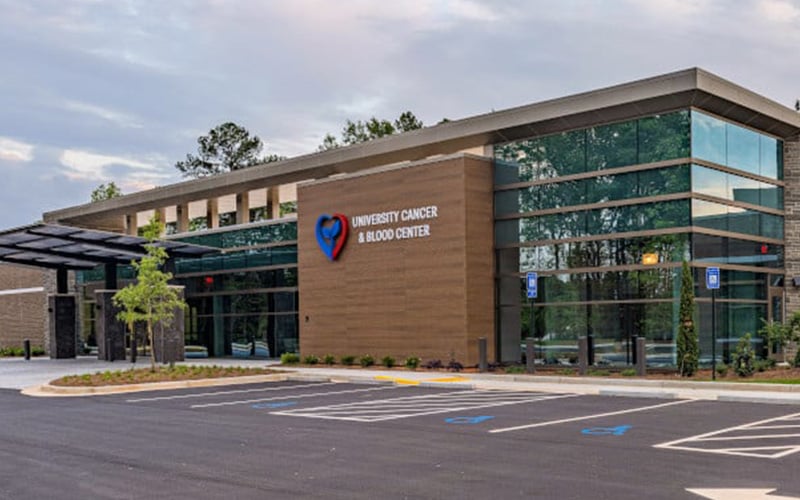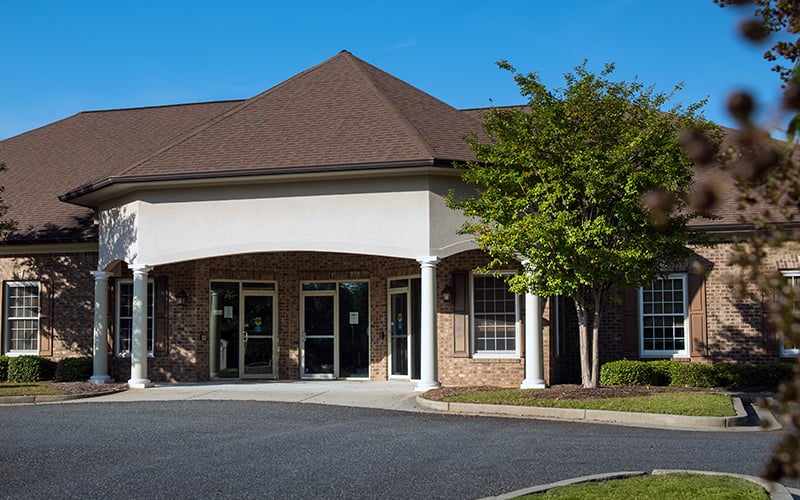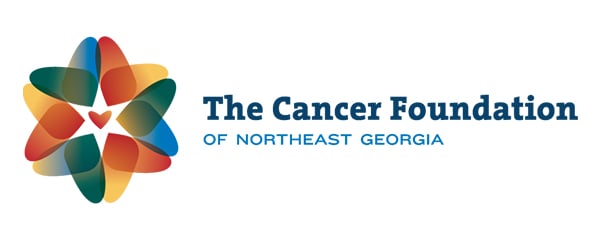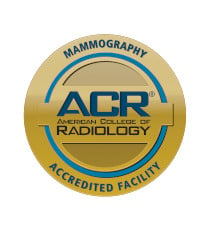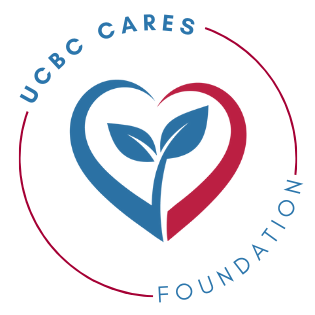The brain is one of the more complex organs in the body, and the types of cancer that can affect it are likewise multifaceted. More than 150 types of brain tumors have been documented to date. Part of what adds to the complexity of a brain cancer diagnosis is that while all brain cancers are made up of tumors, not all brain tumors are cancerous.
Here’s a closer look into the different types of brain cancer and how they’re treated.
What Are the Different Types of Brain Cancer?
Brain cancer can either be primary, meaning the tumors form in the brain cells themselves, or metastatic, meaning the cancer has originated elsewhere and migrated to the brain. The World Health Organization has developed a grading system for brain tumors based on characteristics including malignancy, rate of recurrence, and rate of growth, among other factors.
Gliomas or glial tumors are among the most common types of brain tumors that account for roughly a third of all brain cancer. There are several types of cancerous glial tumors, including:
- Anaplastic astrocytomas: Astrocytomas are the most common type of tumor, and can form throughout several parts of the brain. Some variations are benign or slow-growing, but anaplastic astrocytomas are malignant and tend to return as a higher grade.
- Anaplastic oligondendrogliomas: These malignant gliomas occur in the cells that make myelin, the insulation that coats the brain’s wiring.
- Glioblastoma multiforme (GBM): The most invasive and fast-growing malignant glial tumors.
Aside from gliomas, there are also other types of cancerous brain tumors:
- Medulloblastomas occur more commonly in children, and develop in the cerebellum.
- Atypical teratoid/rhabdoid tumors are aggressive tumors that spread through the central nervous system. Though more prevalent in children, this type of brain cancer can also affect adults, though it is quite rare at all ages.
- Pineoblastomas develop around the pineal gland, and most often present as a buildup of fluid within the brain, also called hydrocephalus.
- Ependymoblastomas are rare, but aggressive embryonal tumors that most often affect children three years old and younger.
Other cancers that can either form in or grow to your brain include:
- Lymphoma: This cancer forms in your lymphatic system, which is part of your body’s immune system. Lymphomas can either form in the brain itself, or spread from other locations in the body.
- Chordoma: Less than 1/1,000,000 people are diagnosed with chordomas, a rare form of bone cancer usually found in the base of the skull or the lower back. Although slow-growing and benign in appearance, this cancer can return and also spread to other areas.
How Is Brain Cancer Treated?
Beyond the grade level of a brain tumor, several other factors may inform treatment decisions, including the tumor’s location, your age, and overall health. As with many types of cancer, there are various treatments available. For instance, surgery may be used to remove the tumor if it can be done so safely, while internal or external radiation could be used to kill the tumor and other cancer cells that may have migrated away from the tumor site.
Chemotherapy is another form of treatment that may be used to fight cancer throughout the body. While surgery and radiation therapy are local treatments, chemo uses strong medicines that circulate within your blood and destroy fast-growing cells, including hair follicles and blood cells.
Targeted therapy is another form of treatment that uses medicine to attack the specific genes or proteins in a tumor, and sometimes even the tissue environment that allows a tumor to grow and survive.
Any cancer diagnosis is often fraught with fear, anxiety, and sadness. But knowing you have a brain tumor may be even more disturbing. For compassionate care and a wide range of leading treatment options, turn to University Cancer & Blood Center. Learn more on our website about our comprehensive cancer care services, or call us for personal attention at 706-548-0500.
